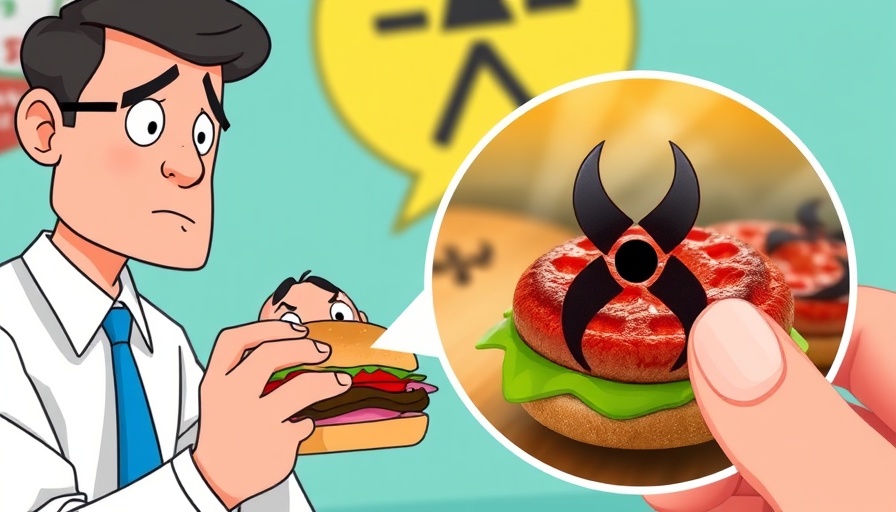
The Power of Vitamin D: An Immune Booster
Vitamin D is often celebrated as a pivotal player in bolstering our immune systems, but its significance extends far beyond seasonal colds and flu. For individuals grappling with autoimmune disorders like Hashimoto’s thyroiditis, understanding the role of vitamin D can be life-changing. This condition, an autoimmune prostate where the immune system attacks the thyroid, can leave people feeling fatigued and anxious. Research has shown that adequate levels of vitamin D may not only support immune function but also help regulate various bodily processes that are compromised in those living with Hashimoto’s.
Why Hashimoto’s Thyroiditis Matters
Hashimoto’s thyroiditis is a growing concern, affecting millions worldwide. It can lead to hypothyroidism, resulting in symptoms that can interfere with everyday life. Its connection to vitamin D highlights a crucial relationship: when vitamin levels are low, individuals may become more susceptible to the development or exacerbation of autoimmune diseases. Integrating plant-based sources of vitamin D, such as fortified foods or mushrooms, can be an effective step toward addressing this deficiency naturally.
Historical Context: Autoimmune Disorders and Vitamin D
Historically, the understanding of vitamin D’s role in immune health has evolved. In the early 20th century, researchers were primarily focused on its impact on bone health. Today, however, we recognize vitamin D as crucial in modulating our immune responses and reducing inflammatory pathways associated with autoimmune diseases. This shift in understanding aligns with a more comprehensive perspective on health, emphasizing the importance of nutrients in chronic disease management.
Plant-Based Supplements and Nutritional Benefits
Turning to plant-based supplements offers a sustainable way to boost vitamin D levels. Algae and other marine phytoplankton are excellent vegetarian sources of this essential nutrient. They not only provide vitamin D but also support overall health by delivering vital minerals and antioxidants. For those navigating Hashimoto's, understanding these benefits can lead to better management of symptoms and improved well-being.
Community and Personal Narratives: Voices of Experience
As we explore the increasing intersection of nutrition and autoimmunity, personal stories emerge that highlight the positive impacts of embracing dietary changes. Individuals have reported significant improvements in their Hashimoto’s symptoms after incorporating vitamin D-rich foods and plant-based supplements into their routines. These narratives not only inspire hope but also underscore the value of community knowledge in personal health journeys.
Looking Ahead: Emerging Trends in Health and Nutrition
In a world increasingly focused on holistic health, the relationship between vitamin D and autoimmune disorders like Hashimoto’s showcases a powerful trend. As more research unfolds, we anticipate a greater emphasis on personalized nutrition strategies that include natural, plant-based sources of vitamin D. This movement encourages individuals to take charge of their health proactively, aligning their dietary choices with their unique needs for optimal wellness.
 Add Row
Add Row  Add
Add 




Write A Comment